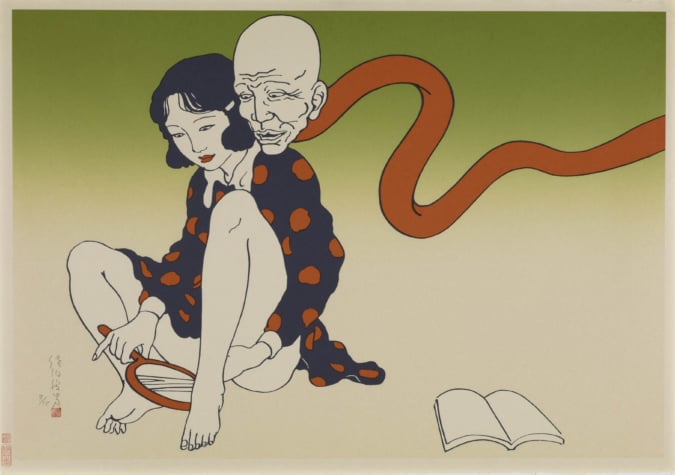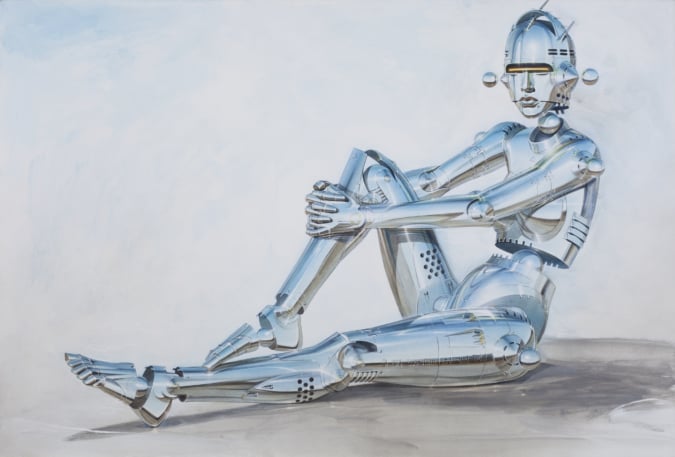‘Ugetsu’, or the Absurdity of War
Director Kenji Mizoguchi satirically denounces armed conflicts in this ‘ghost story’ in which the real and the supernatural overlap.
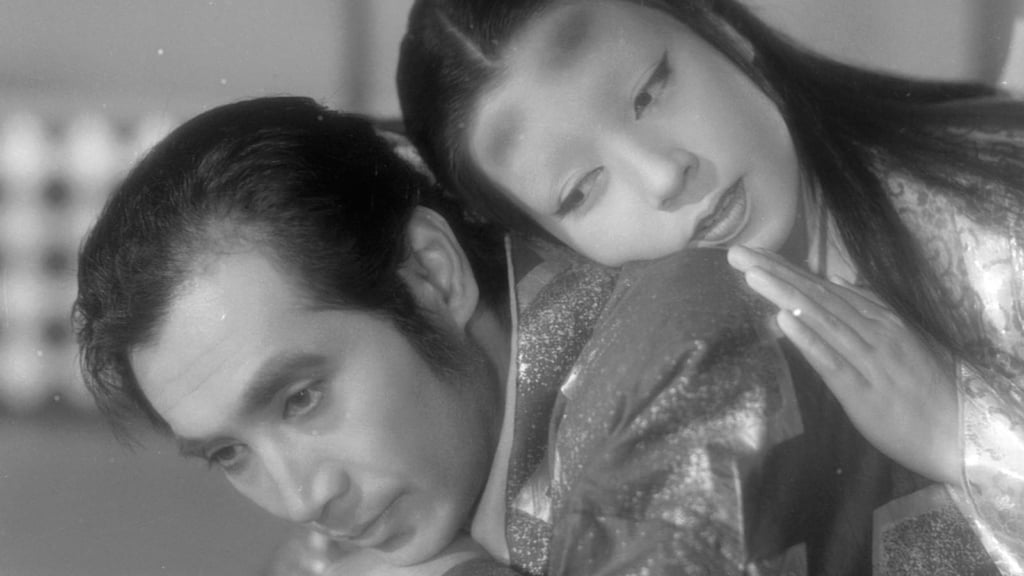
© Public Domain
Ugetsu is inspired by two tales by Ueda Akinari, an 18th-century Japanese author. Kenji Mizoguchi centres his narrative on the war and chooses the form of a ‘ghost story’ to address his subject in a satirical manner, rather than in a realistic and contemporary style. Awarded the Venice Silver Lion in 1953, this film finally allowed the director to show the entire world the breadth of his talent.
Kenji Mizoguchi (1898-1956) started out as an advertisement designer for the Yuishin Nippon newspaper in Kobe before going on to write miscellaneous news stories. At the end of the First World War, he headed to Tokyo and led the life of a wanderer. He founded a literary circle, published poems, and, through an acquaintance, secured a position as assistant director at the celebrated Nikkatsu film studios in 1920 before becoming a director himself. Strongly influenced by Italian neorealism, he produced numerous masterpieces after the Second World War, including Ugetsu in 1953.
Absurd, wild ambitions
In the 16th century, in the midst of the Civil War, two men abandon their wives to pursue their dreams of glory and riches. One of them aspires to become a great samurai, while the other wants to have his work be known by as large an audience as possible. However, their wild ambition only leads them to short-lived success.
In the context of war, the director shows the viewer poverty, hunger, violence, and death. The film was made just a few years after the events that occurred during the Second World War, and Kenji Mizoguchi denounces the actions taken by Japan that led the country towards disaster. For him, the war was composed of nothing but negativity, and any wealth stemming from it can only be condemned. This is why the filmmaker portrays his characters’ desires for glory as illusions. A feminist, Kenji Mizoguchi advocates the sacrifice, realism, love, and wisdom of his female characters in the grip of their husbands’ unachievable desires.
Unanimously considered a masterpiece by critics, Ugetsu is a poetic fable about the power of appearances and men’s wild ambition. The film went on to inspire the most significant figures in filmmaking, such as Jean-Luc Godard, who praised Kenji Mizoguchi and described him as one of ‘the greatest Japanese directors. And even one of the greatest directors in general.’
Ugetsu (1953), a film directed by Kenji Mizoguchi, was released on DVD and Blu-ray by the Criterion Collection.
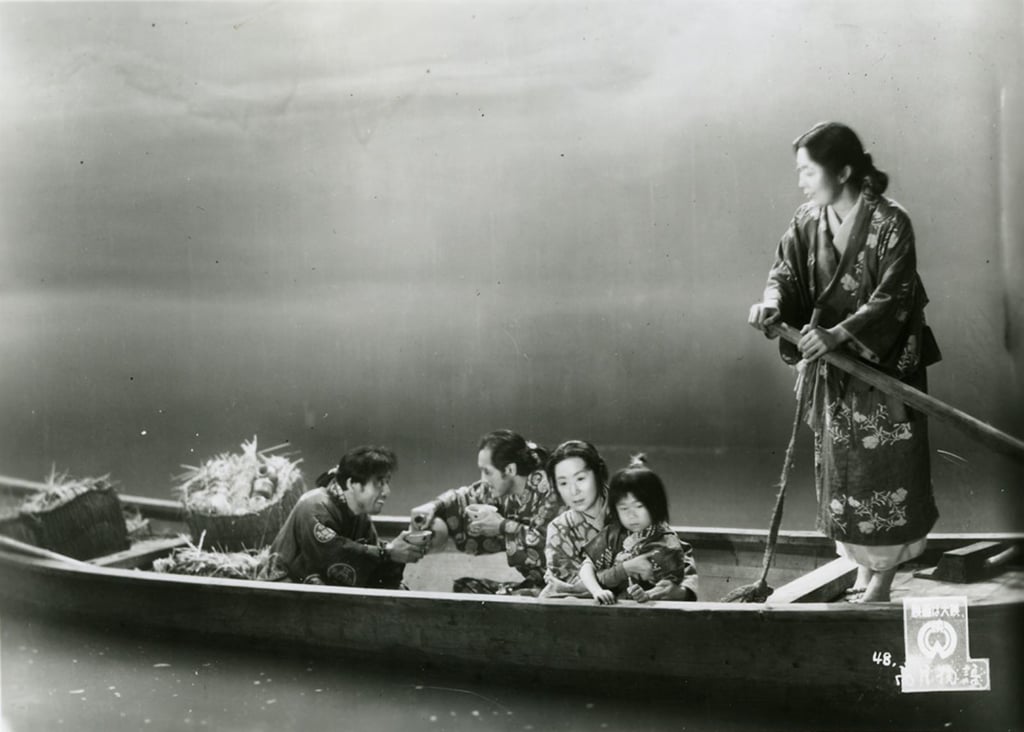
© Public Domain
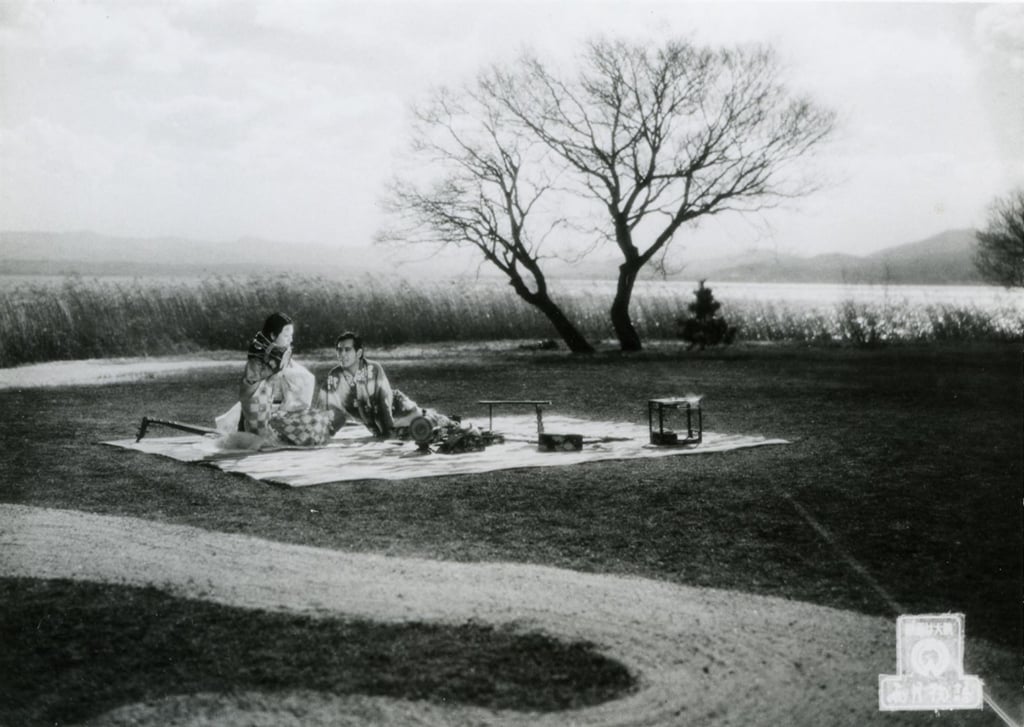
© Public Domain
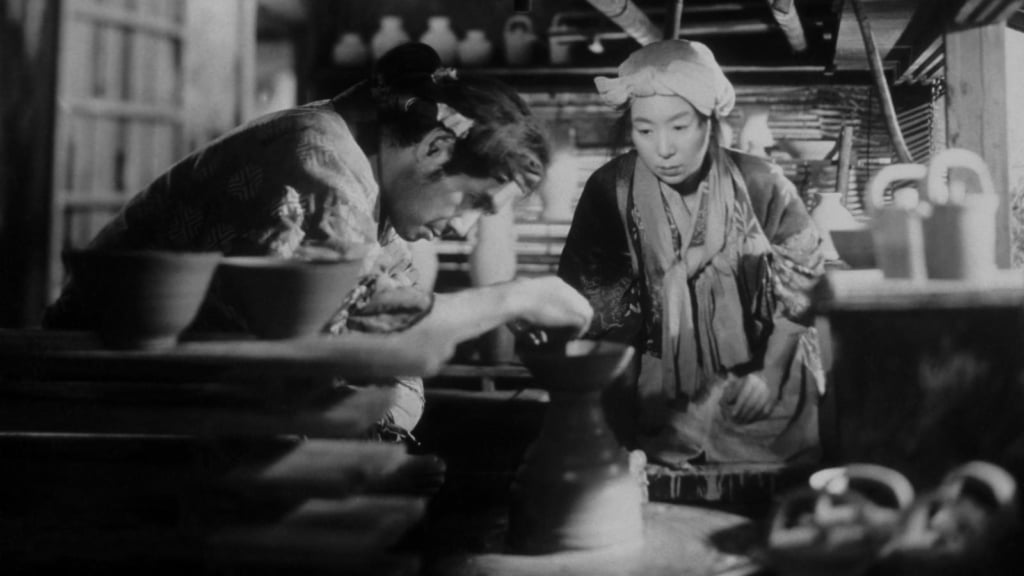
© Public Domain
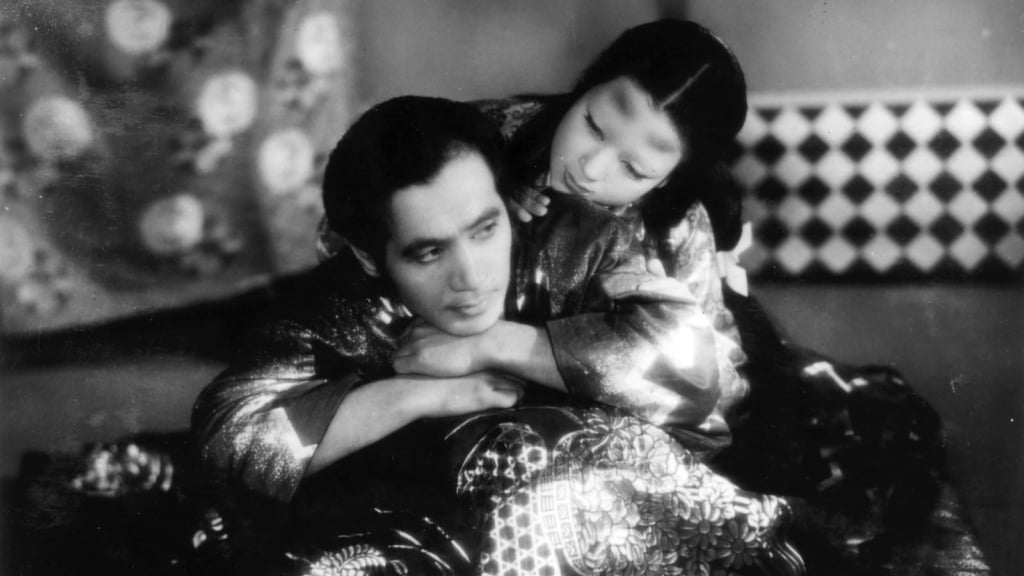
© Public Domain
TRENDING
-
A House from the Taisho Era Reveals Its Secrets
While visiting an abandoned building, Hamish Campbell discovered photographs the owner had taken of the place in the 1920s.

-
The Taboo-Breaking Erotica of Toshio Saeki
The master of the 1970s Japanese avant-garde reimagined his most iconic artworks for a limited box set with silkscreen artist Fumie Taniyama.

-
With Meisa Fujishiro, Tokyo's Nudes Stand Tall
In the series 'Sketches of Tokyo', the photographer revisits the genre by bringing it face to face with the capital's architecture.

-
Masahisa Fukase's Family Portraits
In his series ‘Family’, the photographer compiles surprising photos in which he questions death, the inescapable.

-
Hajime Sorayama's Futuristic Eroticism
The illustrator is the pioneer for a form of hyperrealism that combines sensuality and technology and depicts sexualised robots.


